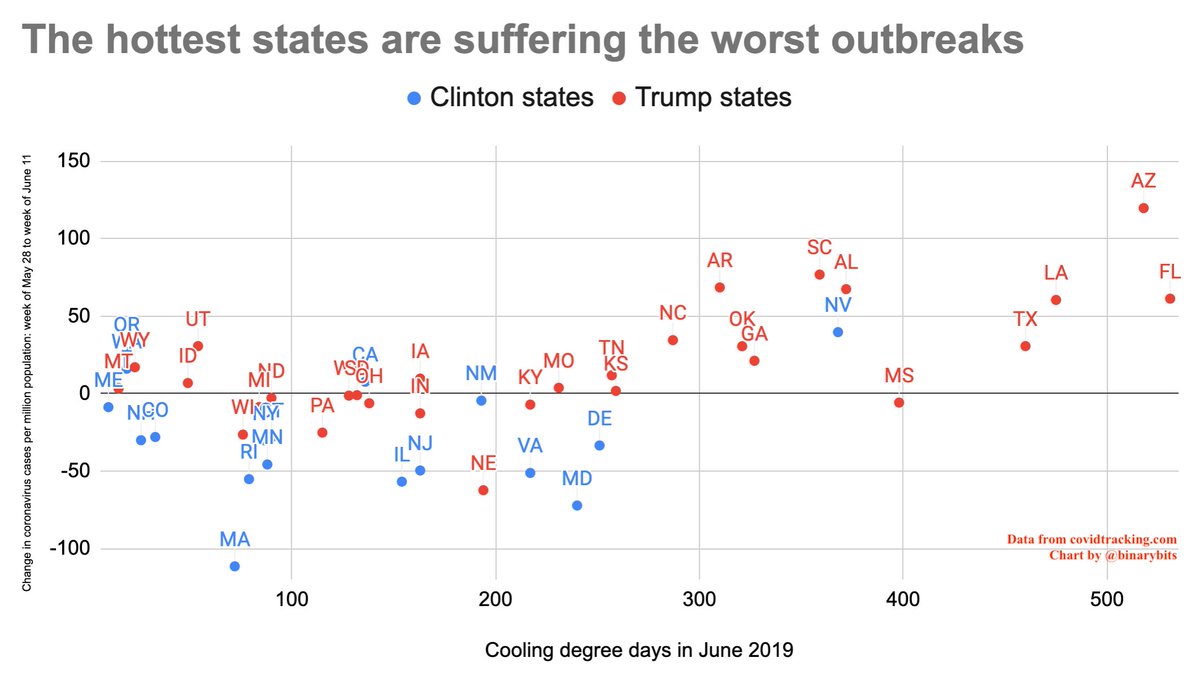
The fact that three different companies have apparently made COVID vaccines in ~8 months makes me wonder if there's room to be a lot more ambitious about other technology projects. Like maybe we should follow the UK and ban internal combustion engines in 2030.
A lot of corporate decision-making is driven by risk aversion about future market conditions. What if your car company goes 100 percent electric and it turns out customers don't want electric cars? When that uncertainty is removed an industry can move pretty fast.
The de facto US ban on incandescent light bulbs a decade seems like an under-appreciated model. It seems to have significantly accelerated light bulb technology, and the transition happened so smoothly that most consumers barely noticed.
Now @snlester points out that the Trump administration blocked implementation of (parts of?) the incandescent ban, so this isn't a perfect example. I'm not sure I understand which parts of the ban, if any, went into effect when. washingtonpost.com/climate-enviro…
• • •
Missing some Tweet in this thread? You can try to
force a refresh





